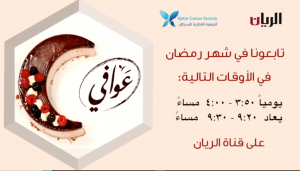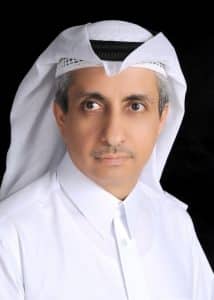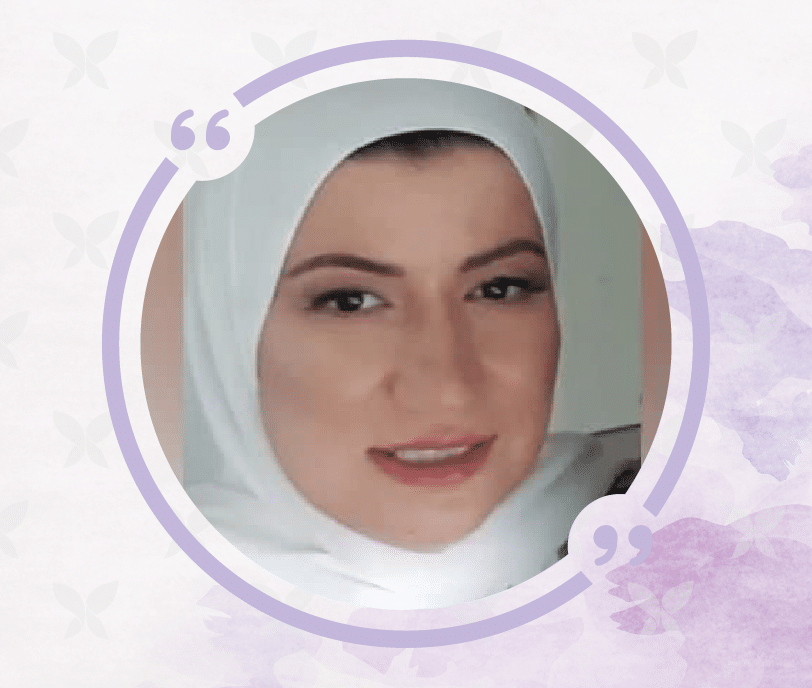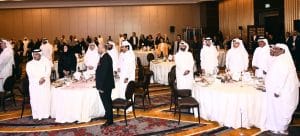On June 14th, 2013, I felt a tightness followed by a pain in my chest. It wasn’t sore like I had after a futile effort fighting off a bench press sitting on my sternum. It felt like some uncomfortable imp pushing against my heart to leave my chest, and my heart responded by beating back in a morbidly familiar way. I went to the hospital for an EKG, and years of learning vectors in Physics made me an expert in reading, or at least I remember saying as much. They then put an IV cannula on my hand, the first of many that year, and injected contrast for the upcoming CT scan.
Rana Shahryar talked about his experience with cancer, saying: “I was eventually diagnosed with lymphoma. There was a medical who was doing a rotation with the team overseeing me, and she told me that the T cell lymphoma was indeed cancer but that most at my age with the disease survive. My most immediate thought was: “Neat, I’ll live through this and milk this experience for sympathy for my entire life,” and I laughed. She and my parents joined in the discussions after a lot of hesitation and a bit of concern. She would visit every evening, and we would talk about what I was interested in school, what I did for fun, and what I planned on doing after high school… but that’s when it occurred to me that I might not see my friends for quite some time. I asked my father if I could go to school after this, and he said that treatment would most likely take a few months, so we couldn’t hope to have this resolved all that soon.
The doctors required a biopsy to confirm the diagnosis, but I had to be awake during the procedure because they were taking a sample from the chest. Once the biopsy wound healed, I was sent to Qatar’s National Center for Cancer Care and Research (NCCCR), and I waited in the shared room before a private room could be arranged. I was started on steroids to decrease inflammation around the mass. Being a patient this long, I eventually recognized patterns that come with that role. Nurses come in every morning to check my vitals, give me my medications, and perhaps joke with me and ask what I’m reading. My mother would come in with some food, sit, and ask how I was doing before heading out to pick up my siblings from school. My father would come in after work; we would speak for a while, and later he would sleep on the couch beside my bed.
However, my interactions were limited overall, and I would be alone to my own devices for most of the day. Being sick is also quite restrictive as people would see you as a fragile creature and insist that jumping jacks would cause the mass to move down and influence my heart, among other things. I would also be given a different kind of pity that I’m much less sympathetic towards. On my birthday, my grandmother paid a visit, and my parents had yet to explain my diagnosis to her, though she read the hospital sign on the way to my ward. As I was given my cake, she asked, “Why are you doing this? His life sucks.” It was a condescending and hopeless pity that I thankfully didn’t see often. Still, when I did encounter it, I could glimpse into their eyes momentarily and see a frail young man blissfully unaware that he may soon die. Of course, we’re no longer in the 1970s, and treatment has been quite successful for my particular cancer, and I knew death was a much more remote possibility.
If I could go back–take the time to spend more time with my friends. Hearing them talk about finishing their final year of high school on our group chats only made me feel further and further distant; at least if I could explain my situation, I’d be able to join in on the conversation with a freer conscience. Instead, I tried to limit my interaction to meet my parents’ wishes, and at least in this instance, it simply was not worth the cost.
Chemotherapy wipes out your bone marrow’s ability to create new cells, including your white blood cells, leaving you vulnerable to infection. To kickstart my white blood cell count, I was given Neupogen, which has the rare side effect of causing joint pain. I had that rare side effect in its full glory. I often spent my days at home crouched into a ball; with each movement, a hot dagger buried into one of my joints. I also had a cold the entire time at home. This time, it was impossible to keep my illness secret from my neighbors and friends; it’s not easy hiding a bright naked scalp and absent eyebrows. My neighbor would often visit, but I would be curled on the couch the entire time, struggling to sit comfortably. Once the worst of it had passed, I managed to call my high school. Once in the library, the librarian who knew me well hugged me. She knew I had a budding hobby of playing cricket, so she passed me a book about the history of cricket, and I sat like I had hoped to some weeks ago, reading a book while watching the sun rising from the window. I met my friends, and one of them hugged me, but I had to adjust a blue strap on my shoulder before I could hug him. I had to explain that it was not a bra but was used to hang the container around the central line in my neck, which quickly diffused my friends’ discomfort. We caught up quickly, and though it was clear that I wouldn’t graduate with them that day, I felt like I was still part of my class.
My extended time alone taught me how to direct my energies and conversations to the page and write poetry, and I also performed spoken word poetry in talent shows and at public events. I found poetry a much better way to solidify my complex and amorphous ideas about time and mortality and ideas of a more grounded perspective. I think there is a tendency to imagine that rationalism necessarily leads to cynicism; however, I’ve learned that it’s often rational to hope and find delight in the simple facts of life. As dark as my humor is, laughing is incredibly courageous and empowering when faced with harsh realities such as suffering and death.
As many would say, I wouldn’t limit humor to a coping mechanism because I think that view conjures up the image of a mental band-aid. Humor can be an act of healing an otherwise hurting soul. But that’s not all it offers. Much like courage, ambition, and resilience, humor is a way to invite people to the challenge of defeating and dealing with their hidden fears and the absurdity often encountered when living. It also brings people closer, and much like poetry, it gives the individual a broader set of tools to understand their audience and allow them to respond with thoughts of their own. I wouldn’t say I’m grateful for this experience; however, I don’t think any suffering was necessary. I wouldn’t recommend we reintroduce cholera to children so that they have a greater appreciation for living. These skills can be learned, and I would have much rather learned them from a friend or a mentor instead of through months of pain and isolation.
My history with cancer is something I often tell people within minutes of meeting them. As someone who enjoys humor, some mischievous part of my mind relishes the opportunity to flip people’s expectations. It’s a running gag in my class for me to mention that I had cancer, and they groan whenever I say that I had experienced that particular experience. Most days, that’s what I wished it all was, something insignificant. However, I often get hurt when I hear how many interpret it and often understate the magnitude of my experiences. As much as I would like it to be behind me, I know it was difficult and sometimes traumatic. I don’t usually share that aspect of my experience. I don’t share that for a few years after remission; I would return to the Emergency Department worried that the chest pain had returned or felt pain in my leg yet again, wincing for days when physically nothing in my leg had changed. The panic I felt in those moments was real, and my experiences left an indelible imprint on my outlook and behavior. I’ll continue to make jokes about my experiences. However, I’ll be more proactive in clarifying that this issue is still difficult to share with complete transparency and that the audience is not invited to speak on my behalf about the most troubling aspects of my journey.
As I’m doing rounds as a third-year medical student, I notice that my colleagues often wince and get disturbed by the more “difficult” and less fortunate cases we often encounter. Metastatic, genetic, and disabling diseases are the ones most often feared. My colleagues often tell me that since there is no hope of success, they would feel like they are failing their patients. I’m sympathetic to that mindset; as future physicians, we all wish to see our patients leave our clinic smiling and ready to enjoy their lives in total health and comfort. However, I want to help where I feel I’m needed. Of course, I can’t offer parents of a child born with multiple congenital diseases the chance to see their child speak his first words, his first unassisted steps, seeing him grow to his mother’s height and drive his family on a road trip. I can’t even offer the parents much time. But I can show them comfort. I often think of Lujain, the intern I befriended, and I remember how powerful the uncomplicated desire to do good can be.














